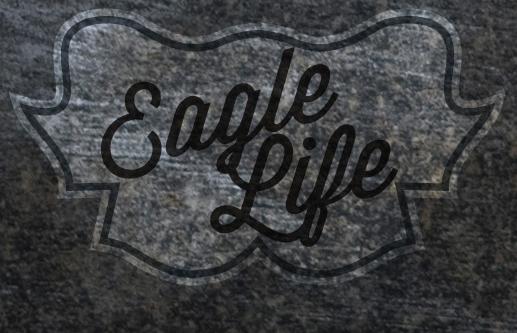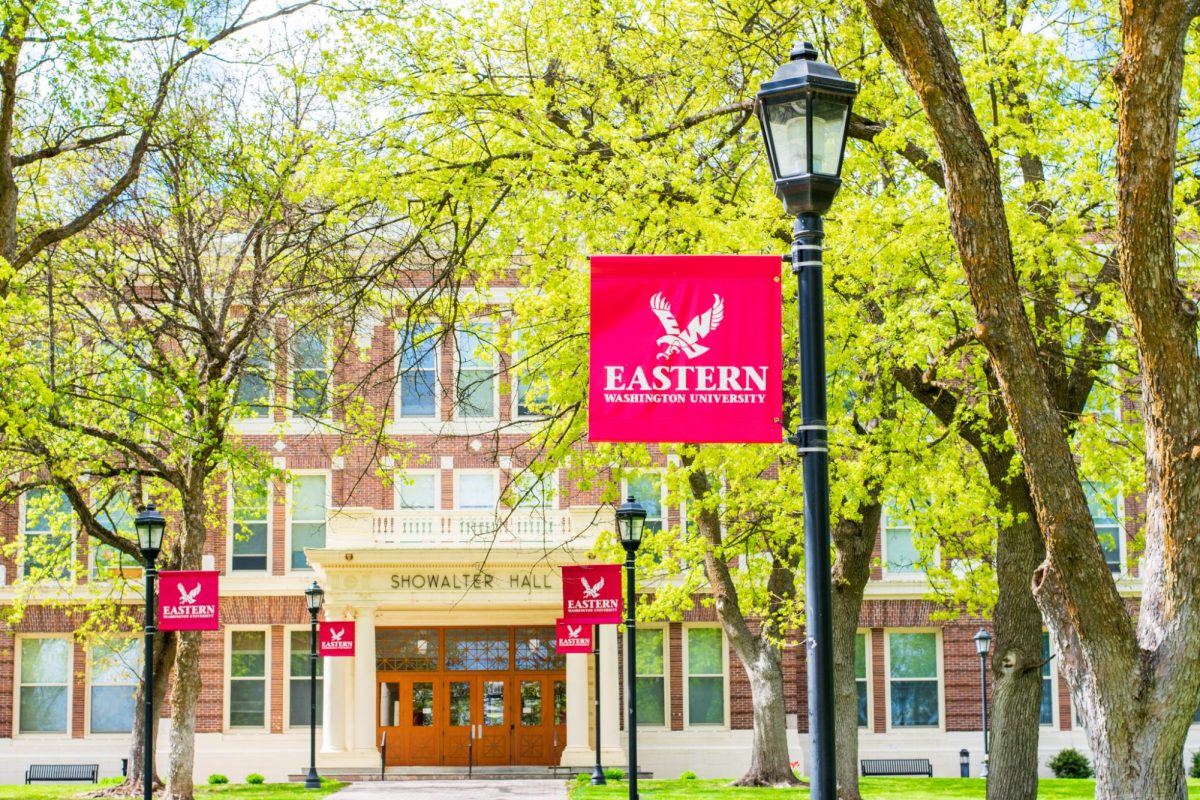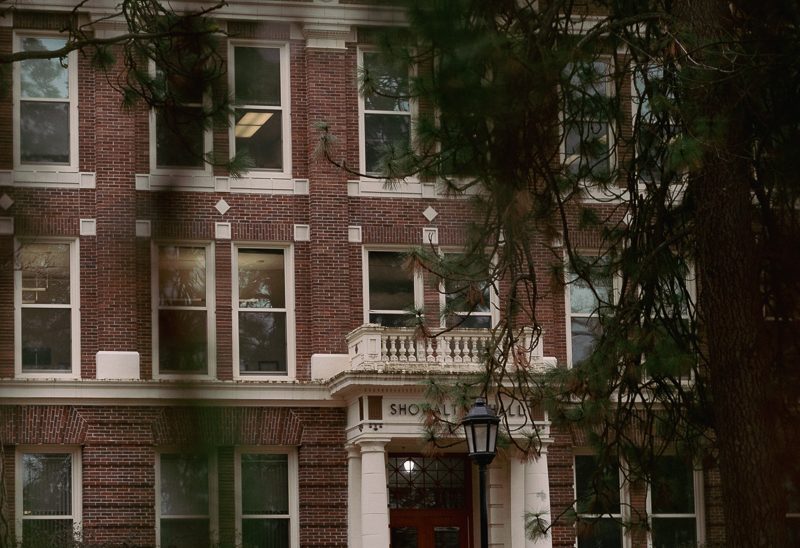By Katie Dunn
contributing writer
easterner.eaglelife@gmail.com
As commencement day approaches with its promise of black polyester robes, mortarboards and a sense of closure, graduating students reflect on their decision to walk or not.
Students consider several factors like how much money it will cost, how to get their family to the event, how the experience will feel and whether or not they can stand the crowds.
In 2010, 53 percent of eligible undergraduates went to graduation. In 2011, it was 50 percent and in 2012, 47 percent showed up.
For computer information systems major Phillip Chen, the cost is too high.
“It’s not the price of actually going there, because it’s free, but all the extra stuff you do with it,” Chen said. “Because if I did it, from a parent’s standpoint, they would want extra stuff.”
Chen has family living in Seattle, California and China, who would want to attend. To have his grandparents fly in from China to sit in the sun for a couple of hours waiting to watch him spend a minute on stage is enough of a reason for him to avoid the event.
“It’s going to be a bunch of strangers staring at other strangers just sitting on the field,” Chen said.
The difficulties that come with getting family together was also one of the reasons Nicole Livingston, journalism major, decided not to walk.
“Most of my family is pretty spread out,” Livingston said. “They live in Minnesota and a lot of them live in Oregon. They’ve got weddings they have to go to, it’s a lot of travel and a lot of them are older.”
Just because Chen and Livingston are not going to commencement does not mean they are skipping out on celebrating.
Both Chen and Livingston said they might do something with their family. Chen considered having dinner with his and Livingston said she may visit with her immediate family.
Kelsey Cinkovich, social work major, found that graduation costs were less than she was expecting. What caught her attention most, though, was the fact that she had to pay $40.61 for her undergraduate graduation application fee.
All graduating students need to fill out a graduation application which requires them to list out all the courses they have taken and their grades. This paperwork needs to be submitted two quarters before their last quarter.
The fee covers the first diploma students receive, its cover, any processing fees and costs for the ceremony.
Cinkovich is planning to walk in the graduation ceremony so her family can see her. She is not concerned about the amount of people who will be attending the ceremony.
“I went last year to watch my friend and it wasn’t really that bad,” Cinkovich said. “They split it up into two ceremonies which helped.”
This year there are 1,477 undergraduates eligible to walk in the 9 a.m. ceremony held for graduate and baccalaureate students in the college of social behavioral sciences and social work and in the college of business and public administration.
For the 2 p.m. ceremony, 1,201 undergraduates from the college of science, health and engineering and the college of arts, letters and education are eligible to graduate.
“There is an advantage to working in the records and registration office when it comes to graduation information,” said Christina Figueroa, a government and Spanish double major. “A lot of students are surprised to hear about the graduation application fee.”
Figueroa is well prepared for graduation day, though, since she has had to help other students get ready.
“If you buy the cap, gown and tassel it gets kind of spendy when you accumulate everything together,” Figueroa said.
She managed the expenses by using different paychecks for different things.
“Seeing my mom there, super proud, is why I’m really doing it,” said Figueroa. “I think just working up to the four years, and being the first to graduate from a university from my home, is a big deal.”












